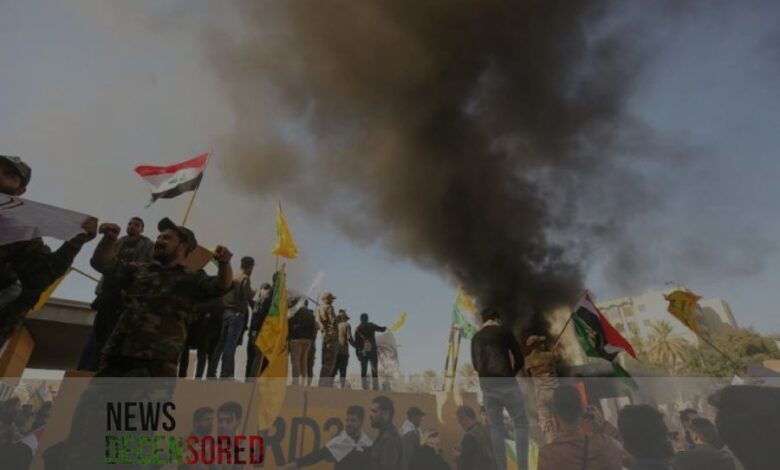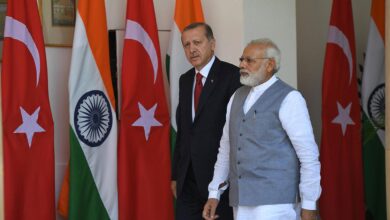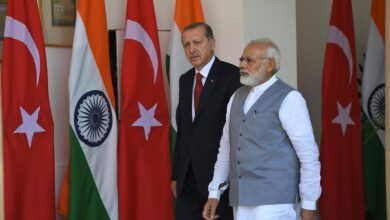US involvement in genocide remains steadfast, with or without occasional bombings

Despite occasional military actions, the United States is often involved in genocide, not always by directly joining in and remains steadfast, usually characterised by collaboration rather than direct intervention. This support can come through politics, economic interests, or strategic alliances, underscores a troubling aspect of US foreign policy with certain countries. Even though the US might sometimes fight wars against genocide and may capture headlines, its silent support for it is a more significant issue and demands critical examination and accountability.
The US has a long history of being involved in genocides all around the world by revealing a pattern of geopolitical calculations that prioritise strategic interests and care more about their strategic plans than human rights. From the Armenian genocide to the Holocaust, the Holocaust or more recent ones in places like Cambodia and Rwanda have often looked the other way or actively helped the bad guys.
One of the most glaring examples of US complicity in genocide is its support for authoritarian regimes when they support cruel rulers who hurt minority groups. Whether providing military aid or just acting like they don’t see the bad things happening, the United States has frequently enabled regimes and let these rulers keep doing terrible things to people, perpetrating genocide or ethnic cleansing.
In some cases, the US is part of genocide because they want to make money and are driven by economic interests, particularly in resource-rich regions where rulers are getting rid of particular groups of people. Corporate interests and geopolitical rivalries often take precedence over humanitarian concerns. They care more about making money and competing with other countries, leading to tacit approval and might say it’s okay or even help those rulers.
Furthermore, when the US is friends with countries doing genocide, complicating efforts to hold perpetrators accountable undermines international efforts and makes it hard to punish them. The strategic calculus of alliances often outweighs moral considerations and cares more about keeping its friends than doing what’s right, allowing genocidal regimes to act with impunity. Hence, the bad guys get away with it.
Despite occasional condemnations and expressions of concern, they usually care more about keeping things stable and prioritise geopolitical stability and strategic interests over human rights. This pragmatic approach shows they often let human rights slide while ostensibly aimed at promoting stability and advancing US interests. Still, it makes violence keep happening to uphold international norms and values and goes against what the world thinks is right.
Moreover, the role of the United States as a global superpower imbues what it does or doesn’t do, which carries a lot of meaning and significant moral and political weight. The failure to intervene or when it doesn’t step in or do something meaningful during genocide sends a dangerous message to the world, encouraging perpetrators and undermining the credibility of international institutions that are supposed to stop these terrible things seem less trustworthy and tasked with preventing mass atrocities.



